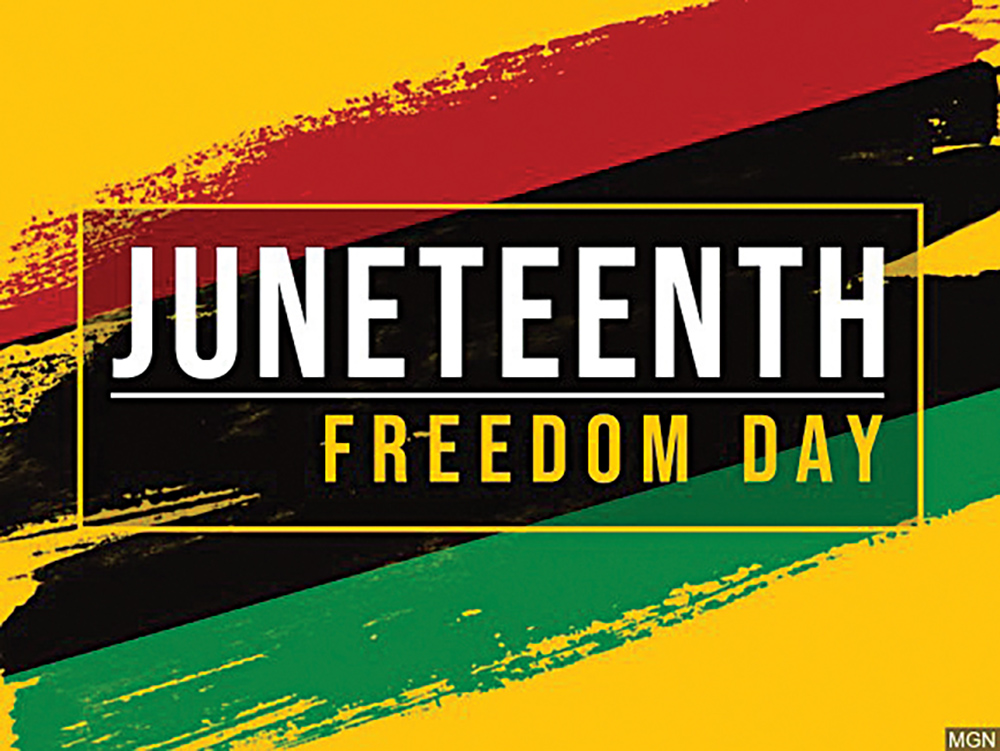By: Dean Weiner
Juneteenth — a commemoration of the end of slavery in the United States — is now an official New York City holiday, Mayor Eric Adams announced Monday, according to a New York Post article.
“As the second Black mayor of New York City, I know that I stand on the shoulders of countless heroes and sheroes who put their lives on the line to secure a more perfect union,” he said in a statement. “Now is the time for me to do a small part and recognize one of our nation’s greatest wrongs.”
“The paid holiday is being enacted via the issuance of a Department of Citywide Administrative Services personnel order that will apply to all city workers, and an amendment of the collective bargaining agreement by City Hall’s Office of Labor Relations and municipal employee unions, according to a mayoral spokesperson. The holiday is projected to cost city government an estimated $150 million per year, according to the City Hall rep”, The New York Post reports.
In June 2021, Juneteenth became the 12th federal holiday, and the first new one created since Martin Luther King Jr. Day was established in 1983. “Juneteenth is a time for reflection, assessment, and self-improvement. People across the country of all races, nationalities, and religions unite on this day to truthfully acknowledge the stain of slavery and celebrate the countless contributions of Black Americans,” said the mayor in the Monday morning press release. “It’s time for our city to finally do what’s right and officially designate Juneteenth as a city holiday. This decision is long overdue, which is why it will immediately take effect this year,” he added. “Holding a mirror to our nation’s past atrocities is never easy, but it is necessary.”
The process of ending slavery was a long one. According to Wikipedia, “President Abraham Lincoln’s Emancipation Proclamation, issued on January 1, 1863, had freed the enslaved people in Texas and all the other Southern secessionist states of the Confederacy except for parts of states not in rebellion. Enforcement of the Proclamation generally relied upon the advance of Union troops. Texas, as the most remote state of the former Confederacy, had seen an expansion of slavery and had a low presence of Union troops as the American Civil War ended; thus, enforcement there had been slow and inconsistent prior to Granger’s announcement.





